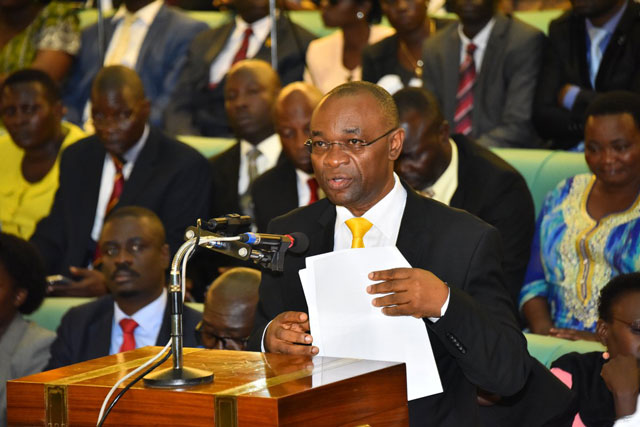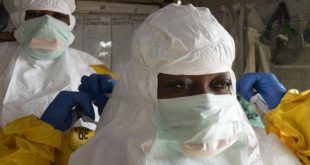
COMMENT | Jonas Mbabazi | In Uganda, as of April 24, 2020, there were 75 confirmed cases of COVID-19, 46 of these have recovered and none has died. The shocks from the coronavirus pandemic have been sudden and unprecedented. Within a few months, many businesses, government offices, markets, public and private transport and public gathering spaces have been shut down following a nationwide lockdown and guidelines from the Ministry of Health (MoH) on social distancing. There is no doubt that COVID-19 has had far-reaching effects on the operations of Local Governments (LGs).
In a communication from the Ministry of Finance, Planning and Economic Development to Local Government Accounting Officers dated April 15, 2020, a total of 36 districts have failed to submit draft budget estimates, work plans and performance contracts for the financial year 2020/2021.
This is against the background that currently, the business committees have been given authority by the line minister to approve budgets as opposed to local government councils to comply with the social distancing guidelines.
Also, given that the LGs remained with a skeletal staff structure; most of the heads of departments supposed to prepare departmental budgets and work plans and present them to standing committees for scrutiny and approval are also not on site.
Difficulty working out of office
Most of the LG workers are ill-equipped to work off-site. They lack the equipment and internet connectivity to keep the essential functions of the LGs working. Thus, the absorption of funds and delivery of services during this financial year will be challenging. Most of the user departments are operating at minimal capacity or not operating at all. This means that they will have difficulty to spend resources allocated beyond wages and recurrent expenditure thus affecting overall LGs’ budget performance.
The ramifications of the pandemic will spread further to local revenue which currently contributes approximately 3% for district local government and 7% town councils and municipality budgets. The main sources of local revenue include business licenses; registration fees; local service tax; local hotel tax; and rent among others. Due to COVID-19, many local governments will see their local revenues sharply drop predominantly those associated with economic activities due to people staying at home. Thus, the capacity of local governments to appropriately respond to service delivery needs in some areas will remain uncertain.
As a result of an automatic decline in the provision of traditional basic services like healthcare, LGs will register an increase in number deaths due to malaria, pneumonia, injuries, neonatal conditions, anaemia, and tuberculosis which have been the leading causes of death in Uganda. There will be a challenge among HIV infected patients in accessing Anti-Retroviral Treatment (ART) while immunization campaigns will drop due to restrictions in the movement of people and distances involved to move to the nearest health facility. There will be a drop in the deliveries in health facilities with an increase in the number of maternal and infant mortality rates.
The local governments must do business unusual. First, there is a need to strengthen disease surveillance mechanisms and health information infrastructures and maintain essential services.
There is a need for an outreach programme that should be able to trace patients on ART, ANC, and those with other life-threatening illnesses for support. This would mean that the health workers have transport, medical supplies and personal protective equipment. There is a need for automation of local government processes including tax administration to minimise paper-based operations and costs.
In the on-going budget cycle, it is also important for the Ministry of Local Government and the LGs to consider budgeting for support to LGs staff with equipment and internet connectivity to ensure business continuity in LGs through smart and teleworking.
The LGs using local televisions and radios must relentlessly communicate to the public that the threat of the COVID-19 is real, personal hygiene and other measures to avert the risk of infection, any new developments, and local government decisions and priorities.
*****
 The writer is a Research Fellow and Project Manager for the Local Government Councils Scorecard Initiative at ACODE. jmbabazi@acode-u.org
The writer is a Research Fellow and Project Manager for the Local Government Councils Scorecard Initiative at ACODE. jmbabazi@acode-u.org
 The Independent Uganda: You get the Truth we Pay the Price
The Independent Uganda: You get the Truth we Pay the Price


